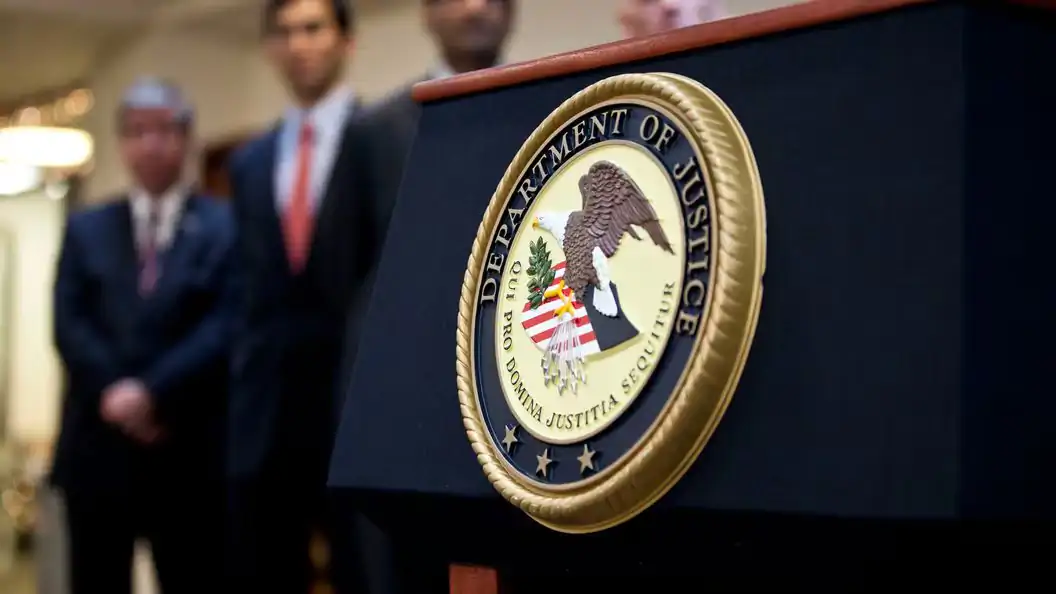After trading on how to deal with digital assets for months, the russian government and the nation's central bank have decided to draft a bill on their recognition as an analog of currencies. The authorities have until 18 February to present the proposal.
- The world's largest country by land mass has had a rather indecisive approach towards the cryptocurrency industry dating back a few years.
- More recently, some of the governing bodies have had disputes on how to tackle them. On the one hand, Russia’s central bank proposed a total ban on anything crypto, citing the enhanced volatility that could threaten the country’s financial system.
- On the other, though, the nation’s finance ministry preferred a softer approach by implementing regulations instead of a ban.
- As per a report by local newspaper Kommersant, the authorities have decided to take the second approach and will prepare a draft law, by February 18th, to definite crypto as “an analog of currencies,” instead of a digital financial asset.
- According to a government statement, the purpose of this regulation is to integrate digital currencies into the financial system and “ensure control over cash flows in the circuit of credit institutions.”
- Digital asset transactions will only be possible through legalised intermediaries, such as exchanges and P2P platforms, and banks. They will be required to present full identification.
- The early stages of the bill suggest that all crypto transactions over 600,000 rubles (about $8,000) will have to be declared or at risk of being labeled as a criminal offence.
- It’s worth noting that the country’s president – Vladimir Putin – seemed in favor of regulations instead of a ban as well and backed crypto mining.
- Russia’s population is among the most active on the crypto market, with recent Kremlin estimations showing that they own over $200 billion worth of digital assets.



 BlocksInform
BlocksInform









